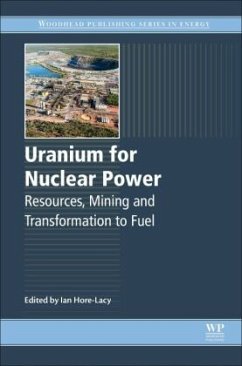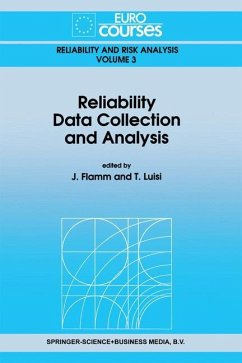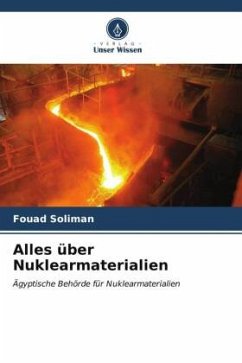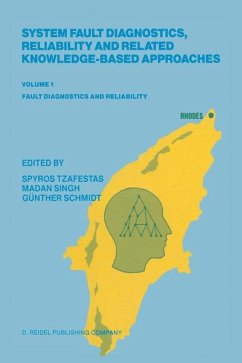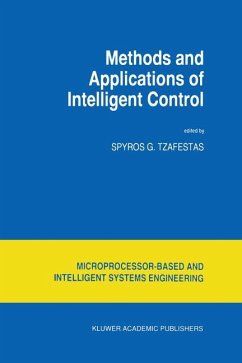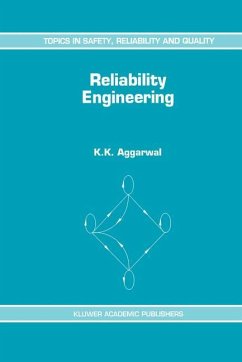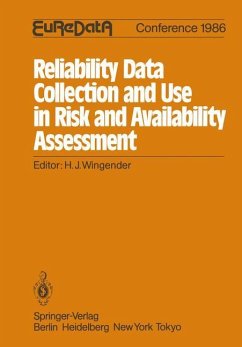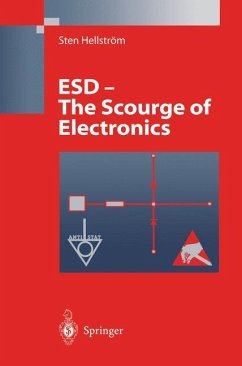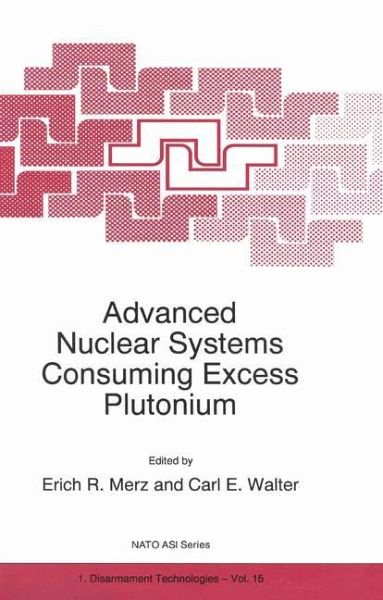
Advanced Nuclear Systems Consuming Excess Plutonium

PAYBACK Punkte
19 °P sammeln!
A survey of recent developments in the field of plutonium disposal by the application of advanced nuclear systems, both critical and subcritical. Current national R&D plans are summarized. The actinide-fuelled critical reactors are associated with control problems, since they tend to have a small delayed neutron fraction coupled with a small Doppler effect and a positive void coefficient. Current thinking is turning to accelerator-driven subcritical systems for the transmutation of actinides. The book's conclusion is that the various systems proposed are technically feasible, even though not ...
A survey of recent developments in the field of plutonium disposal by the application of advanced nuclear systems, both critical and subcritical. Current national R&D plans are summarized. The actinide-fuelled critical reactors are associated with control problems, since they tend to have a small delayed neutron fraction coupled with a small Doppler effect and a positive void coefficient. Current thinking is turning to accelerator-driven subcritical systems for the transmutation of actinides.
The book's conclusion is that the various systems proposed are technically feasible, even though not yet technically mature. The book presents a unique summary and evaluation of all relevant possibilities for burning surplus plutonium, presented by experts from a variety of different disciplines and interests, including the defence establishment. The obvious issue - the non-proliferation of nuclear weapons - is vital, but the matter represents a complex technological challenge that also requires an assessment in economic terms.
The book's conclusion is that the various systems proposed are technically feasible, even though not yet technically mature. The book presents a unique summary and evaluation of all relevant possibilities for burning surplus plutonium, presented by experts from a variety of different disciplines and interests, including the defence establishment. The obvious issue - the non-proliferation of nuclear weapons - is vital, but the matter represents a complex technological challenge that also requires an assessment in economic terms.






